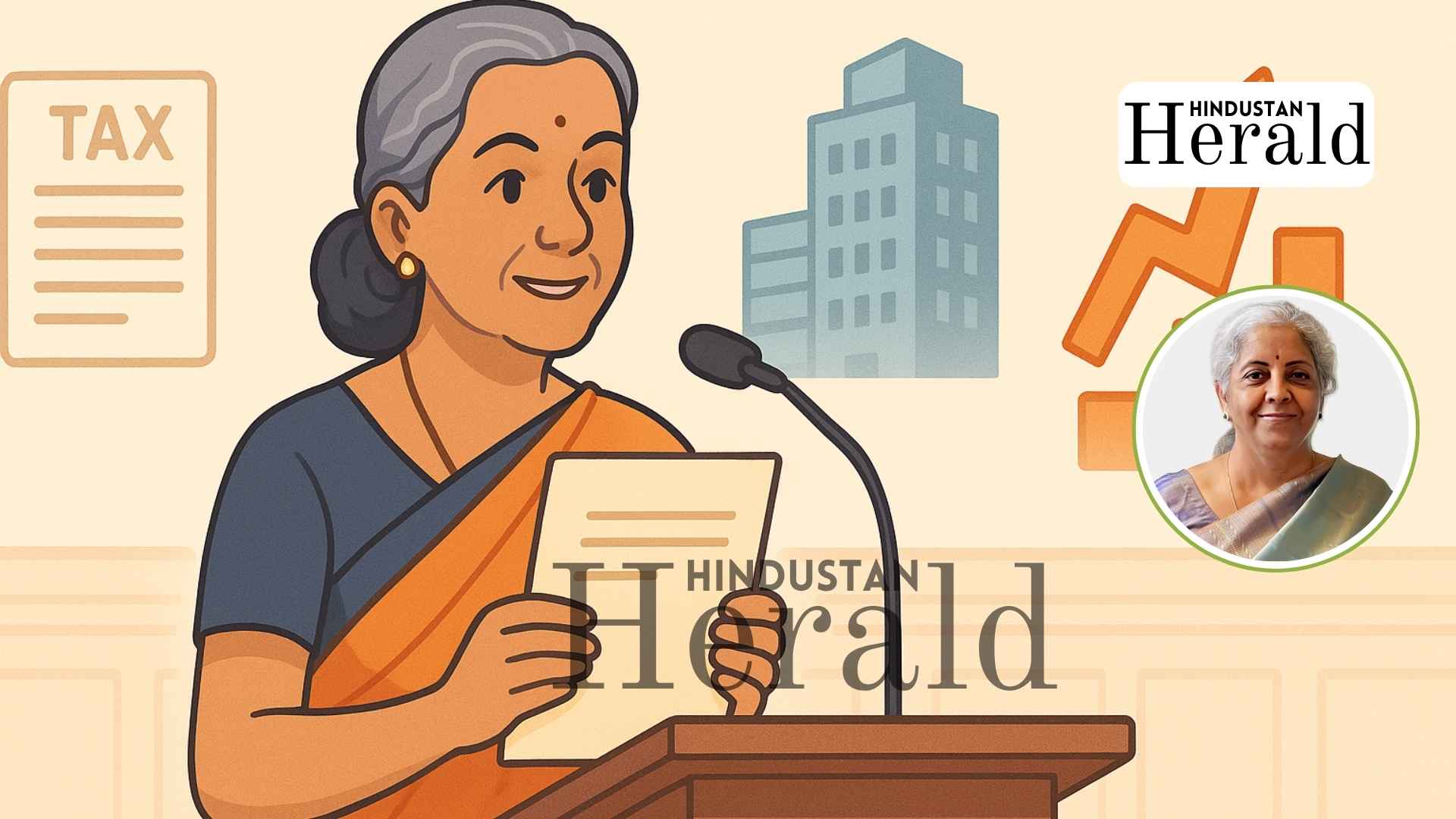New Delhi, August 11: A sharper and more grounded Income-Tax Bill, 2025 landed in the Lok Sabha today, with Finance Minister Nirmala Sitharaman presenting a text that has been pruned, clarified, and in parts rewritten after weeks of political and industry feedback. The revised draft follows the withdrawal of the February version just three days ago, a rare legislative reset that came on the back of a 4,500-page Select Committee review carrying about 285 specific recommendations.
Overhauling a Legacy Law That Shaped India Inc
For more than sixty years, the Income-Tax Act, 1961 has been the operating manual for both the salaried middle class and India’s largest companies. But its tangled clauses and shifting interpretations have made compliance costly and disputes common. The new Bill keeps the broad structure 536 sections, 16 schedules but pares down language and removes duplicate provisions. Analysts say the intent is to make tax policy more predictable, a factor global investors value when sizing up emerging markets.
“The language is cleaner, the intent easier to read, and that’s a welcome change,” a partner at one of the Big Four audit firms told Hindustan Herald, adding that even minor drafting clarity can reduce litigation risk for listed companies.
Practical Fixes With Financial Ripples
Among the most talked-about tweaks is the removal of the ban on refunds for late return filers. That change alone could help MSMEs and self-employed professionals who often miss deadlines due to documentation lags rather than evasion.
The Bill also restores the Section 80M deduction on inter-corporate dividends for companies under the concessional 115BAA regime an important step for holding companies and financial conglomerates, where dividend flows are a major income source.
Other notable corrections include:
- Permission for NIL TDS certificates based on recommendation, improving cash-flow certainty for contractors and exporters.
- Extending tax neutrality on commuted pensions to private-sector retirees, matching treatment for government pensioners.
- Dropping a flawed clause on vacant residential property taxation, which in the earlier draft could have unintentionally inflated tax bills for homeowners.
Industry Sees Relief, But Some Caution
The Confederation of Indian Industry has publicly welcomed the adjustments, calling them “pragmatic, well-timed, and pro-business.” Brokerage estimates suggest the Section 80M move alone could lift after-tax profits for certain BFSI players by 40–60 basis points, a not-insignificant gain in sectors where dividend income is a steady line item.
Not all gaps are closed, however. The framework for digital asset taxation remains largely untouched, something that fintech founders say may keep offshore crypto investment hesitant. “We needed clarity on valuation and recognition rules. That is still work in progress,” said the head of a Bengaluru-based blockchain startup.
The Compressed Legislative Journey
| Date | Event |
|---|---|
| 13 Feb 2025 | Original Bill introduced in Lok Sabha. |
| 21 Jul 2025 | Select Committee submitted report with ~285 recommendations. |
| 8 Aug 2025 | Bill withdrawn for revisions. |
| 11 Aug 2025 | Revised Bill presented in Lok Sabha. |
The Finance Ministry is pushing for passage before the winter session, with applicability from the April 2026 assessment year. Equity strategists say the changes could be factored into Nifty 50 and Sensex FY27 earnings models once the Bill becomes law.
Why It Matters for Business News India Readers
Tax reform, in practice, is as much about administration as it is about legislation. For corporate boards, the revised Bill offers a cleaner rulebook, fewer litigation triggers, and better alignment with global norms. For investors domestic and foreign it signals intent: that New Delhi is willing to listen, adjust, and fine-tune policy rather than bulldoze it through.
As one retired CBDT chairman put it to this newspaper, “The real measure will be in the assessment orders and the appeals process. If they reflect the spirit of this law, it will be one of the most meaningful tax reforms in decades.”
Stay ahead with Hindustan Herald — bringing you trusted news, sharp analysis, and stories that matter across Politics, Business, Technology, Sports, Entertainment, Lifestyle, and more.
Connect with us on Facebook, Instagram, X (Twitter), LinkedIn, YouTube, and join our Telegram community @hindustanherald for real-time updates.
Former financial consultant turned journalist, reporting on markets, industry trends, and economic policy.
Covers Indian politics, governance, and policy developments with over a decade of experience in political reporting.











